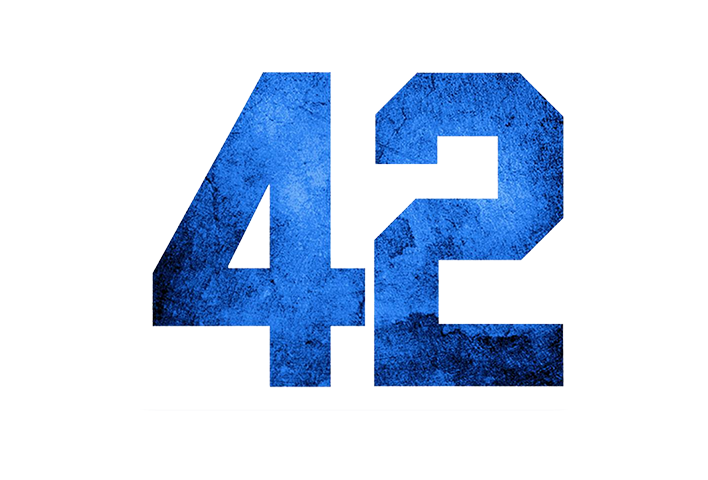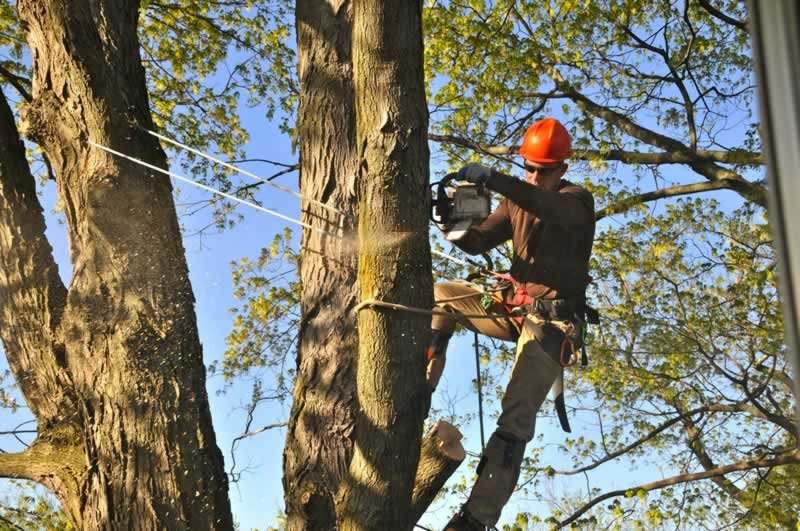I was having pre-Christmas lunch with Paul*, one of my best friends from middle school a couple of weeks back. However, as soon as he sat down at our table and I asked him how he was, he surprisingly announced that he would be closing his business at the end of the year.
I was taken aback to hear this news. Paul was in his mid fifties like me, and had been running a really successful tree lopping and landscaping business for many years now. I used to frequently see his trucks around town doing their important work, and things seemed to be going well.
Or were they?
Our group of middle school friends catch up every few years for a special activity, and I remember 5 years ago, when we were all kayaking up the beautiful, world famous Nitmiluk Gorge, we had in depth conversations about our respective businesses while camped under the stars at night. (Odd to think that nearly all of us in the group had the entrepreneurial mindset and were running our own businesses or startups).
During those conversations, Paul would always lament that he could never get proper time off to enjoy these activities we planned, as he felt he could not leave his staff to just carry on the work, and that he had to be there to manage them and ensure that they got the job done.
Now I know that the sort of work Paul did was important, and had a lot to do with safety and ensuring that dangerous trees were removed without damage to property or human life, but he also mentioned at the time that he had an out of work commercial pilot working for him as part of his crew.
Now, as a former commercial pilot myself, I knew that someone who had been through such training would likely have good judgement and sense of responsibility, and could appreciate danger and risk mitigation and would be able to carry out jobs like pruning or removing trees quite well, however Paul felt that even someone who had gone through such training would not be able to do things as well as he could, unsupervised.
I remember sitting there under the clear Southern night sky on the sandbank next to gorge 6, looking at him across the campfire and saying “Paul, you haven’t built yourself a business. You’ve just created a job for yourself”.
He seemed surprised at that, but all the others in our group readily agreed with my sentiments.
You see, when we started our businesses, we all had the dream of being ‘independent’, and ‘free’ and all the other things that business owners wanted when we break free from our dead end, monotonous ‘jobs’.
Now I know that things don’t always go to plan, and we have all struggled with the concept of working ON the business rather than working IN our business, but ultimately, the end goal is to be able to step away from our creation and let it carry on without our day to day micromanaging and input.
As I grow my current startup, I am conscious of stepping back more and more as our team grows, and in fact, I am regularly surprised by what the team achieves these days with very little, if any, input from me. For instance, our customer success team runs regular webinars with our customers and prospective customers without me having to lift a finger, and they work better that I could ever expect.
I remember the days when I used to have to organise every aspect of such events, from setting up a booking website, configuring our webinar software, creating the presentation scripts, sending our reminder emails and running the event, doing post-production on the video and follow ups to questions etc. But now, my co-founder and the team just do this, and all the processes are documented in our internal Wiki so we can reproduce things even if a different team should do it next time.
This is startup nirvana for me. It is all still hard work that takes skill, but everything is broken down into repeatable steps and improved over time.
This is what Paul didn’t have. It is not that he wasn’t able to replicate such a process in his business, as I believe that almost any business can do this. It was just that he seemingly didn’t want to.
I guess for Paul, micro managing every aspect of his business gave him some sense of control and the feeling that the business was still ‘his’. He couldn’t see how his mental model of how he thought a business should run was being constrained and restricted by his thinking.
So when he announced over that lunch that he was closing, I asked him if there was a trigger factor involved, and he said that he had been training is daughter’s long time boyfriend as the person to take over the business when he (Paul) eventually retired, but his daughter had just broken up with the boyfriend, who was thinking of leaving town over Christmas as a result.
Thus, the potential heir that was being groomed as the successor was essentially out of the picture, and that left Paul with a business that could not run without him, and was unsellable. So the only recourse was to get rid of various assets and simply close the doors. Paul himself didn’t want to keep running the business because he was in the same later stage of life as I was, and the years of working under the gruelling tropical sun had taken its toll on his health.
I wish Paul all the very best in his retirement, and I am sure that he will do well, because as I mentioned, his business actually did quite well when he ran it, and he has a good nest egg put away. It was just his method of running things that I think was problematic. Paul could have had more freedom to travel and enjoy life while building and running his business, if only he had uncaged the belief that his business could not function without him there.
Whenever you hear someone complain about their job, it is usually because they feel locked into a set framework of working hours, or doing unpaid overtime, or expected to show up during holidays and be restricted in the amount of time that they can take off. These are usually the same set of conditions that most people who start a business say they will overcome by being their own boss - but sadly, like Paul, a lot of people will simply build the same restrictions around themselves in quick fashion.
In short - NEVER forget why you started your business or startup. Embrace the opportunity to dictate your own freedoms, and always make it a priority no matter what. Don’t ever build just another job for yourself that you will grow to resent over time.
* - Not his real name







